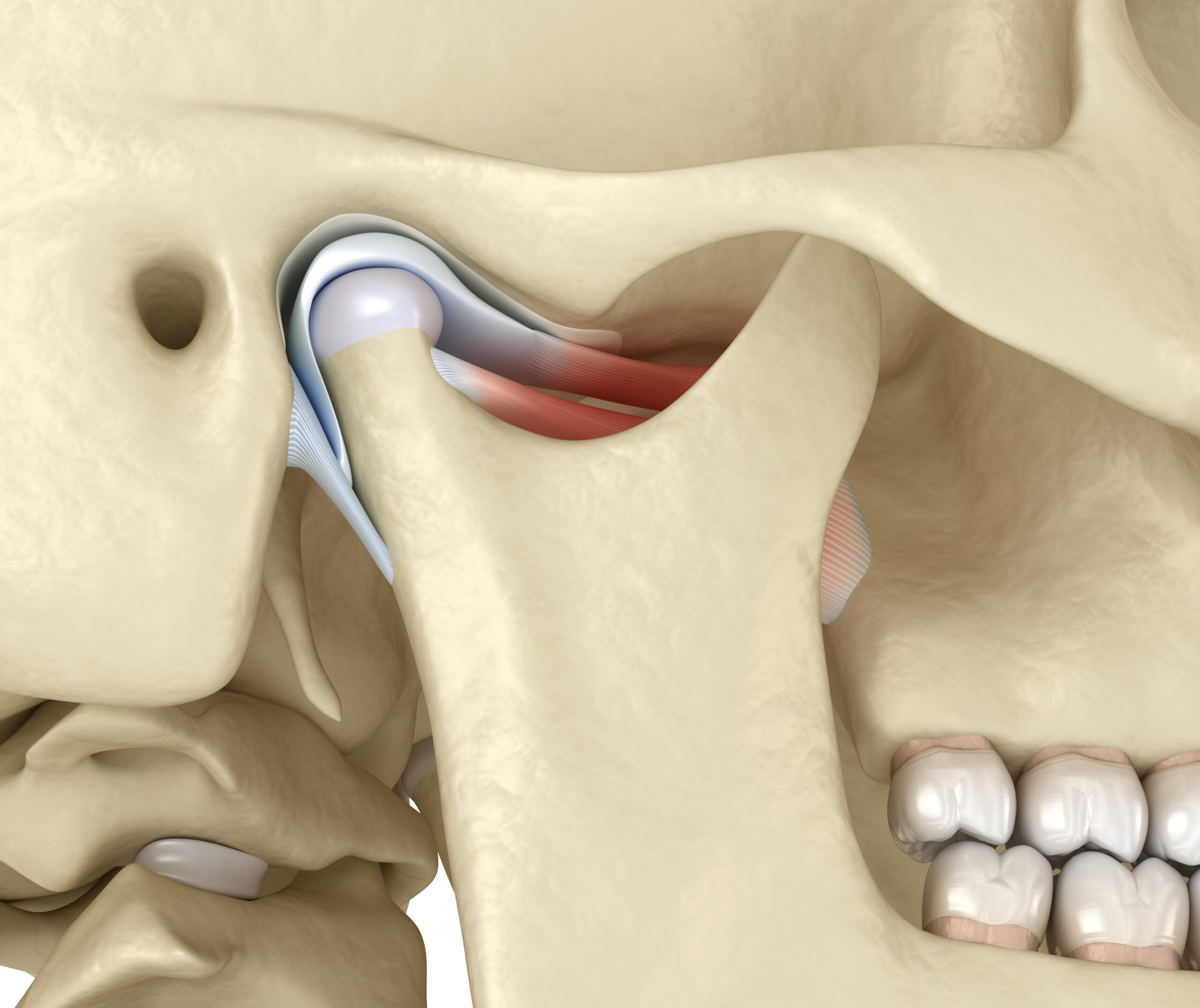
Have you ever heard the acronyms “TMJ” or “TMJD”, but aren’t sure what they mean? The truth is, they can often be misused, though they do mean similar things. TMJ is short for “temporomandibular joint”, which is a joint in your jaw which actually connects the lower jaw to your skull. This is the proper definition for TMJ. So the next time someone says they’re in pain because they “have TMJ” let them know they actually have TMJD, because everyone has a TMJ!
TMJD, on the other hand, stands for temporomandibular joint dysfunction. Temporomandibular joint dysfunction is a condition or collection of conditions of the temporomandibular joint of the jaw. Temporomandibular joint dysfunction can appear in many forms, and can cause many painful and downright annoying symptoms, such as jaw, head, neck and back pain, difficulty speaking or chewing, difficulty breathing, teeth grinding, chipped or cracked teeth, and tinnitus, or ringing of the ears.
Temporomandibular joint dysfunction typically affects more women than men, and is more common among women in their childbearing years. There can be many causes of TMJD, including a misaligned bite, jaw clenching, and injury. It is not known why it affects more women than men, or why it is more common in that specific age group.
Temporomandibular joint dysfunction pain can last for anywhere from weeks to years, though it is also not known why some cases persist longer than others.
The good news is that there are solutions, and you don’t need to suffer needlessly from TMJD.
Treating TMJD often requires multiple steps and stages. This can be anything from orthotics like bite guards, orthodontics, or even physical therapy, though individual treatment depends upon your individual case.
Treating TMJD pain temporarily is possible with both over the counter pain relievers and also warm compresses applied directly to the affected areas of the jaw.
If you are experiencing frequent headaches, neck aches, or back aches, experience unexplained ringing in your ears, have a stiff or sore jaw or difficulty opening and closing your mouth, or if you experience a clicking and popping sound when you open and close your mouth, you could be suffering from TMDJ.
To be evaluated for TMJD and learn about your treatment options, please contact Dr. Abelar today.






